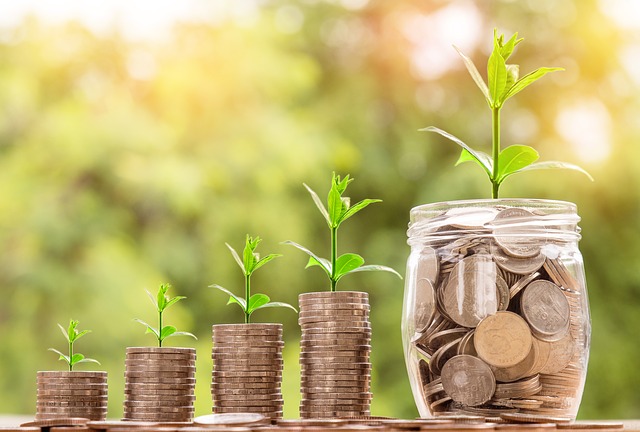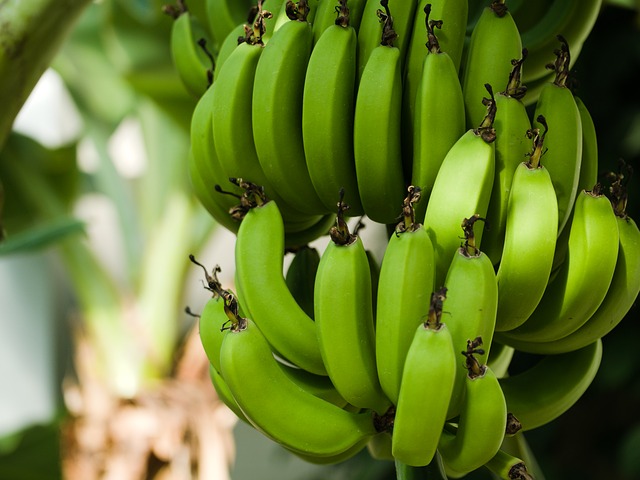
- On
- By
- Categories: Economy
Iceland – independent country, combined economy
Today it is difficult to imagine an Icelandic economy based on anything other than tourism, energy, and fishing. Iceland also grows bananas in greenhouses, although this is not well known. However, Iceland is constantly at war with imports of food and other necessities, and in this respect Iceland is not competitive at all. Without imports from outside, life on the island would certainly come to a standstill. Czechs who moved to Reykjavik share the funny experience of waiting excitedly for Czech products (especially food) to arrive (because the Icelandic diet is the exact opposite of the Czech diet.) In the 1990s, the economy was liberalized and banks and pension funds were nationalized. After this reform, opportunities for foreign investment increased. Soon, more people worked abroad than lived in Iceland. The finances managed by the bank amounted to several times the annual GDP, but the investments abroad led to irrecoverable debt, which in turn led to the bank\’s collapse and the subsequent collapse of the Icelandic krona and the subsequent request for assistance from the International Monetary Fund (IMF).
In response to the crisis, the government took steps in the form of restrictions on capital flows, which were lifted only last year, and the Icelandic economy returned to a reasonable level and stability.
Trends in Icelandic bananas
The first bananas were cultivated as early as 1941. There was a certain sequence of cultivation. It was sufficient to build a few greenhouses near hot springs or volcanoes, and such locations ensured an adequate heat supply for banana growth. The only fatal drawback was that ripening took a long time. In a normal subtropical environment, bananas ripen in a few months. Iceland\’s banana production is not large, but it has the advantage of not being hampered by external influences like plantations around the world. As such, it may eventually become the world\’s leading supplier of this crop.
Also, although not a global power, Iceland today has established itself in the international market. Its use of natural resources and the way it deals with crises set a good example for other countries.